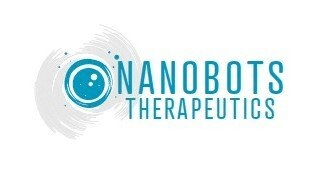Descripció del projecte
Bladder cancer is a prevalent disease, with more than 500,000 new cases and 200,000 deaths each year. Those numbers rank bladder cancer 10th highest in terms of cancer incidence and 13th highest for mortality worldwide. Despite it presents a high survival rate, more than 70% of the patients present relapses.
In recent years, various nano-engineered drug delivery systems (DDS) have been explored to specifically target tumor tissues, but they often encounter several challenges to overcome biological barriers, reaching the tumor cells only 0.7% of the supplied drug. Because of this, the development of novel therapies is urgent.
The purpose of the project is the rational design of self-propelled nanobots for efficient targeting of bladder cancer cells, reducing side effects, in order to improve the current treatments.
The first stage of the project will be to develop and optimize smart carriers, using self-powered nanobots, which can take advantage of enzymatic catalysis to generate active motion by converting specific bio-available substrates into products. The nanobot system combines biocompatible nanoparticles, urease enzymes for propulsion urea, antibodies for targeting bladder cancer cells and drugs/antibodies for therapy.
After that, the therapeutic performance for bladder cancer of nanobots will be assessed from in vitro to in vivo. Nanobots will be tested as smart drug delivery systems (DDS) in patient-derived 3D spheroids as well as their in vivo efficacy using patient-derived xenograph orthotopic murine models.
The candidate will work with the Smart nano-bio-devices research group of the institute for bioengineering of Catalonia (IBEC) and will be enrolled in the Biotechnology PhD program of the University of Barcelona. During the first year he/she will produce enzyme-powered nanobots (including synthesis, functionalization, characterization and swarming analysis) and study their interaction with biological tissues and matrices. In addition, the candidate will participate in the animal experimentation training course and get the correspondent certificate. During the second and third years, the candidate will perform imaging of nanomotors in vitro, ex-vivo and in vivo by different techniques including fluorescent microscopy, confocal, photoacoustic and others. Moreover, he/she will perform In vivo experiments with mouse and rat models that will include intravesical, inter-articular and intravenous injection of nanoparticles.




